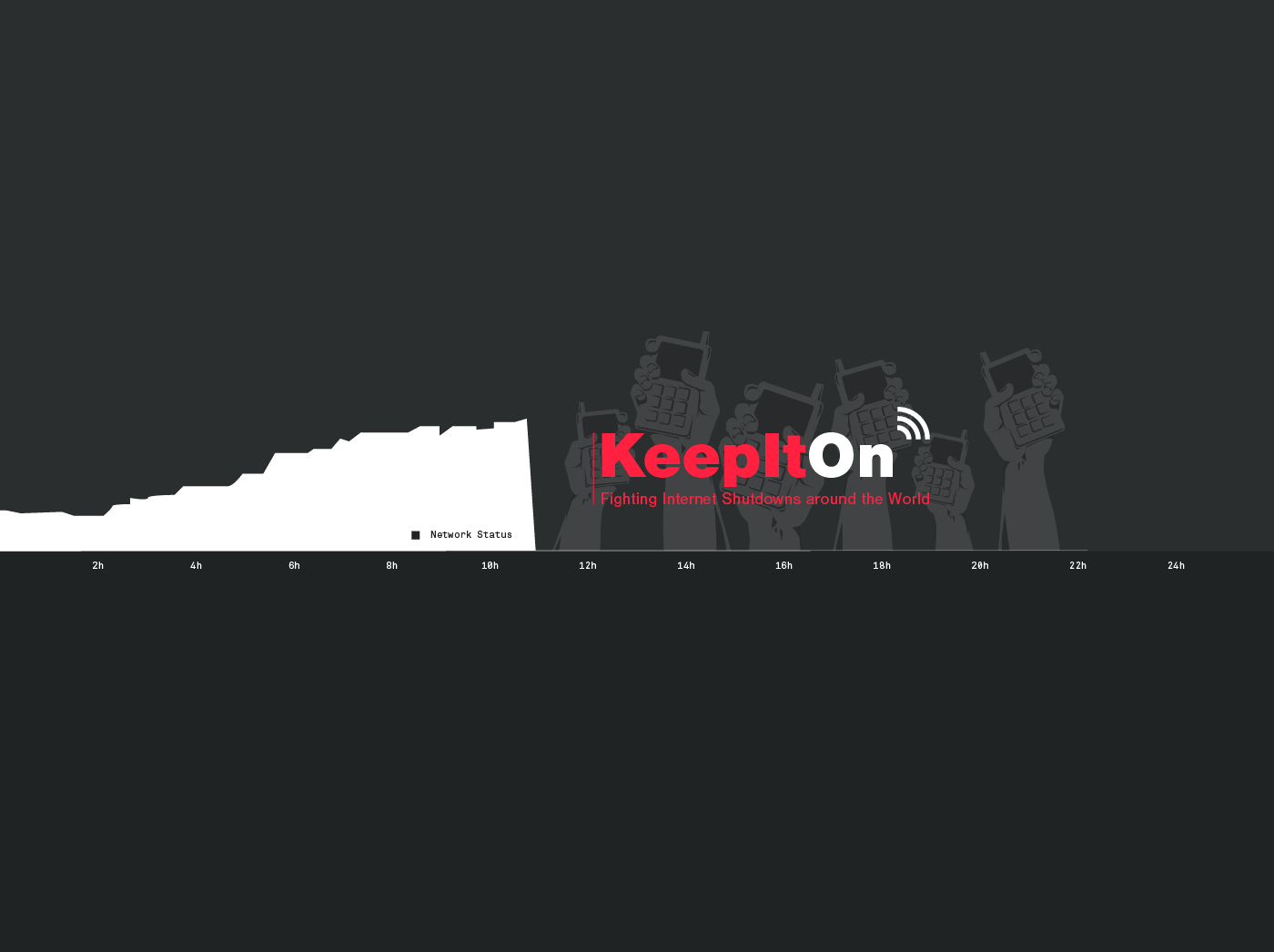Today the government in Uganda blocked social media services in anticipation of the swearing-in ceremony for President Yoweri Museveni that will take place tomorrow. Uganda’s telecommunications regulator, the Uganda Communications Commission (UCC), confirmed the block, citing “national security” as the reason. This is the second time this year that Uganda has carried out an internet shutdown in the election period. It’s part of a deeply troubling trend, and one that we specifically called out in our submission to the United Nations Human Rights Council for Uganda’s Universal Periodic Review.
The telco Airtel Uganda cited the blocking order from the government here:
Social Media will be temporarily disabled as per UCC directive. All our other services are available. We apologize for any inconveniences.
— Airtel Uganda (@Airtel_Ug) May 11, 2016
MTN Uganda also acknowledged the blocking order:
The UCC has issued a directive to shut down all social media platforms immediately until otherwise advised by government. (3/4)
— MTN Uganda (@mtnug) May 11, 2016
Ugandans expressed their discontent, connecting the shutdown to one that took place in Ethiopia’s Oromia region:
The last shutdown in Uganda took place in February, when the government blocked WhatsApp, Facebook, Twitter, and mobile banking services just as citizens headed to the polls. At the time, we joined a coalition of groups to ask that the government stop the shutdown.
Internet shutdowns do not restore order, protect rights, or keep people safe. They also come at a significant financial cost. Our conservative estimate for the last shutdown in Uganda comes in at around USD$25 million lost per day for e-banking services alone. Currently, in this shutdown, it appears that mobile banking services remain online, but there will likely be knock-on economic effects for blocking social media, which is often a key platform for businesses.
We cannot allow shutdowns to become the new norm in Uganda or anywhere else. Human rights are at stake, and research shows that internet shutdowns and state violence go hand in hand.
That is why we launched the #KeepitOn campaign, through which we aim to dismantle the shutdown “machine” — reaching out to everyone from individuals that are affected to the people at companies, within governments, and at international governmental bodies who can work to stop this harmful practice.
We have recorded more than 10 intentional disruptions so far this year, and we don’t want 2016 to be the year that internet shutdowns become commonplace. We call on the African Union and Human Rights Council at the United Nations to condemn internet shutdowns as violations of international law. Further, we ask all telcos in the country, including MTN and Airtel, to push back against the order using every tool at their disposal, whether legal, political, or commercial.
You can learn more at https://accessnow.demo.cshp.co/internet-shutdowns, where we will be drawing attention to campaigns globally and sharing opportunities to take action. If you’re part of an organization that wants to help stop shutdowns in Africa or anywhere else, you can reach out to deji@accessnow.org. Meanwhile, we encourage you to stay tuned by following us on Twitter or Facebook, and participate in the conversation using the hashtag #KeepitOn.
